Sunflower seeds ready? Yalla, let’s talk about Muslim representation in Ramy and the portrayal of Islam.
Flipping the Narrative
‘Your sheikh is really f*cking hot’. Hands down my favourite line of the entire season; it says so much with just a few words. We don’t tend to hear those terms in the same sentence and we definitely don’t associate Islam with sexuality. In most media representation, but certainly in Hollywood, Islam is not sexy. Muslim characters are typecast by their thick accents, long beards and burqas. Any exploration of sexuality around Muslims in pop culture tends to be fetishised or brutalised, further feeding into the warped misconceptions of the religion. But those stereotypes, although imposed on us, are not written by Muslims. With Ramy, some have been able to relate to the depiction of Islam in actual practice, others not so much, and some even offended by it. I was happy to see it either way, because at least this time, be it positive or negative, the narrative was coming from a Muslim. Of all the Muslim representation we’ve had in mainstream media, I’m not upset about seeing a handsome hipster sheikh on my screen. Let’s be fair, Dena’s not wrong about sheikh Malik, but what would he say? Sure I’m hot, but remember, jahannam is hotter?
CONTAINS SEASON 2 SPOILERS FROM THIS POINT FORWARDS
Seeing Islam Through the Non-Muslim Lens
Let’s move on to the specifics. Episode one sees Ramy meet an ex-soldier who needs a helping hand to rebuild his life on his return from combat in the Middle East. At first Ramy spends a lot of time making excuses to veteran Dennis, explaining away the complexities of various parts of Islam. And it is so perfectly us. As Muslim kids living in the West, we’re constantly explaining our Arab/Muslim identity to our friends, and also justifying our non-Muslim friends’ actions to our families. We’re caught in the middle: a lost generation if you will. Sheikh Malik and Ramy go on to explain to Dennis that Muslims also believe in Jesus; debulking a common misconception and educating both Muslims and non-Muslims alike.
Several Islamophobic protestors gather outside the Sufi centre where Dennis takes his shahada and falls in line to pray – already an interesting storyline by providing convert Muslim representation in Ramy. We’ve already seen Dennis snap once, as the call to prayer is heard, but this time his PTSD is triggered by the anti-Islamic rhetoric coming from the protestors outside. Dennis’ attack on one of the protestors was something we saw coming, but what we didn’t see coming was how beautifully it acted as a metaphor for non-Muslims, or those who don’t truly understand Islam, taking the religion, twisting it to fit their agenda and hijacking a doctrine of peace to justify their violent actions. The juxtaposition of the congregation praying peacefully inside whilst the attack was happening mere metres away was incredibly clever and highlighted the contrast between Islam as a religion and Muslims as fallible individuals. But even the screen time dedicated to the protestors outside the mosque is important: it blatantly showcases the kind of Islamophobia that exists today, which we don’t get any Hollywood representation for, right down to the outrageously biased reporting of the victim as a ‘peaceful protestor’ in the aftermath of the attack. The limited understanding of Islam which Dennis has, is reflective of the wider lack of understanding in modern society which leads to such Islamophobia.
Seeing Islam Through the Generations
Seeing the Muslim Representation in Ramy ’s household, away from external pressures, is also interesting. Dena’s mum encourages her to pray ahead of finding out about her scholarship award. Praying only when you need something is illustrative of our religion in the West; it’s a ‘take what you want and leave the rest’ sort of attitude. Living in non-Muslim countries, where church (or mosque) and state are independent of each other, we have the freedom to choose what we take from Islam and what we leave behind. We hold on to some of the cultural superstitions as opposed to embracing the faith behind them. A lot of the time our society makes us feel like we have to conform to a sense of normal, and it’s a truly liberating experience to realise that nothing really happens if you don’t. The world isn’t going to end if you do things differently from your parents, or step outside of your cultural comfort zone.
Cut to the scene with Dena doing yoga, and it’s nice to see a different way of young Muslims being spiritual. That’s the thing about modern Western Islam – we don’t necessarily follow a rule book or a strict formula. Ramy’s sheikh likens the religion of Islam to an orange, with the rind being the structure and Sharia law, but the fleshy inside being spirituality, and needing the two together for things to have purpose and meaning. I find I struggle with both here. Education on Islam is not as widely available as it is in Muslim countries and, for any kid from any religion in their formative years, it’s difficult to embrace spirituality, let alone explore it.
The Modern Muslim: ‘How much of the Quran do you have memorised? Oh you know, the classics’.
The guys take a trip to Atlantic City to celebrate Ramy’s last days as a bachelor. As with most bachelor parties, the guys head to a strip club, but Ramy spends most of the time talking about how uncomfortable he is now that he’s got his newfound faith. Ramy suggests they go and see a magic show instead, but his friends say they want nothing to do with ‘that black magic’. They even justify going to a strip club as a form of sadaqah. The stripping versus magic debate is fantastic, because it really shows in a nutshell modern age Islam, where people cherry-pick the parts of the religion that are acceptable for them, and traffic light system the rest. Ramy is constantly making extreme and conflicting decisions throughout the series, like begging his sheikh to keep him under his wing in one scene, only to find himself masturbating and eating gummy bears in the next. It is again, reflective of our waxing and waning relationship with religion in the West.
Also in Atlantic City, Ramy’s friend Ahmed gets a little more screen time, and we see a glimpse into his vice: gambling. Seeing Ahmed, who until now had served as a shining example of someone Ramy’s age ‘doing Islam right’, grapple with right and wrong, humanised him. We all have that friend or cousin we think does everything ‘right’, but we often forget we all have our vices, and it’s a constant battle to reflect on and better ourselves. That’s Western Islam in a nutshell though: there isn’t a ‘one size fits all’ crib sheet for reaching a higher state of nirvana or enlightenment; it’s a journey not a destination. Bin Khalied has an employee dedicated to performing his salat on his behalf, and Mo has a guy doing virtual 3umra for him. These ‘shortcuts’ had me questioning how much of our practical faith is merely a tick box exercise, and how much of it actually serves a spiritual purpose? Ahmed even found a loophole to gamble by asking a stranger to hit the slot machine for him, and forfeited his winnings just for the rush. Sheikh Malik teaches Ramy that concepts and things are not necessarily haram, but our choice to interact with them can be. He says for example, ‘alcohol isn’t haram in and of itself, but drinking it is’. So is Ahmed on to something? These interactions definitely add modern perspective on Muslim representation in Ramy.
Islam 101: Does Practice Make Perfect?
The sort of ‘how to be Muslim’ or Islam 101 tape that plays in the last scene of the final episode is so poignant. Hearing the description of how to complete wudu properly threw us right back to the very first episode of season one, where the same sentiment had been echoed. Ramy’s entire journey this season was about reconnecting with his faith and yet it seems even after all of that personal growth, he still needs to go back to basics. After all what is Islam but a sum of how you treat others? Ramy might have been praying and educating himself on the faith, but he hurt a whole host of people doing so.
After all what is Islam but a sum of how you treat others? Ramy might have been praying and educating himself on the faith, but he hurt a whole host of people doing so.
Susan Al-Safadi ON ramy’s journey with islam
Aside from some cliched and obvious metaphors (‘do you have to see the dog to know it’s real?’), the Muslim representation in Ramy and general portrayal of Islam throughout the show is interesting and seemingly provocative. Ramy isn’t exactly a khutba; it’s not your imam at jum3a prayer teaching you the core of the religion. It’s just a quick glance into the relationships a handful of Muslims have with religion. The truth is, not everyone will relate completely to Ramy, but you’ll be hard pressed not to find at least one thing you connect with in this show. Religiosity and level of faith and how you choose to practice it, varies between communities, ethnicities and even families, and Ramy illustrates that perfectly. It may not be your experience with Islam, but it is someone’s.
By Susan Al-Safadi
@susanalsafizzle

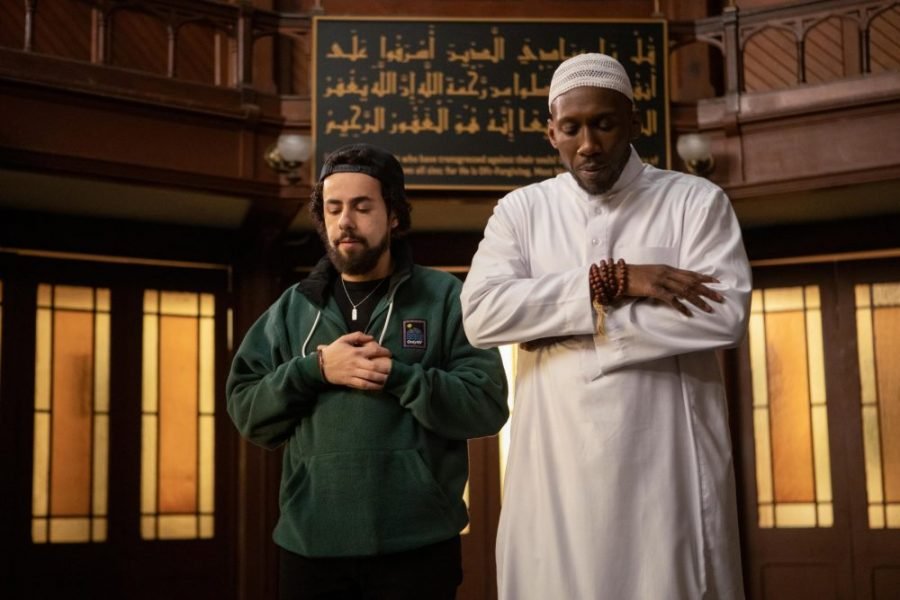


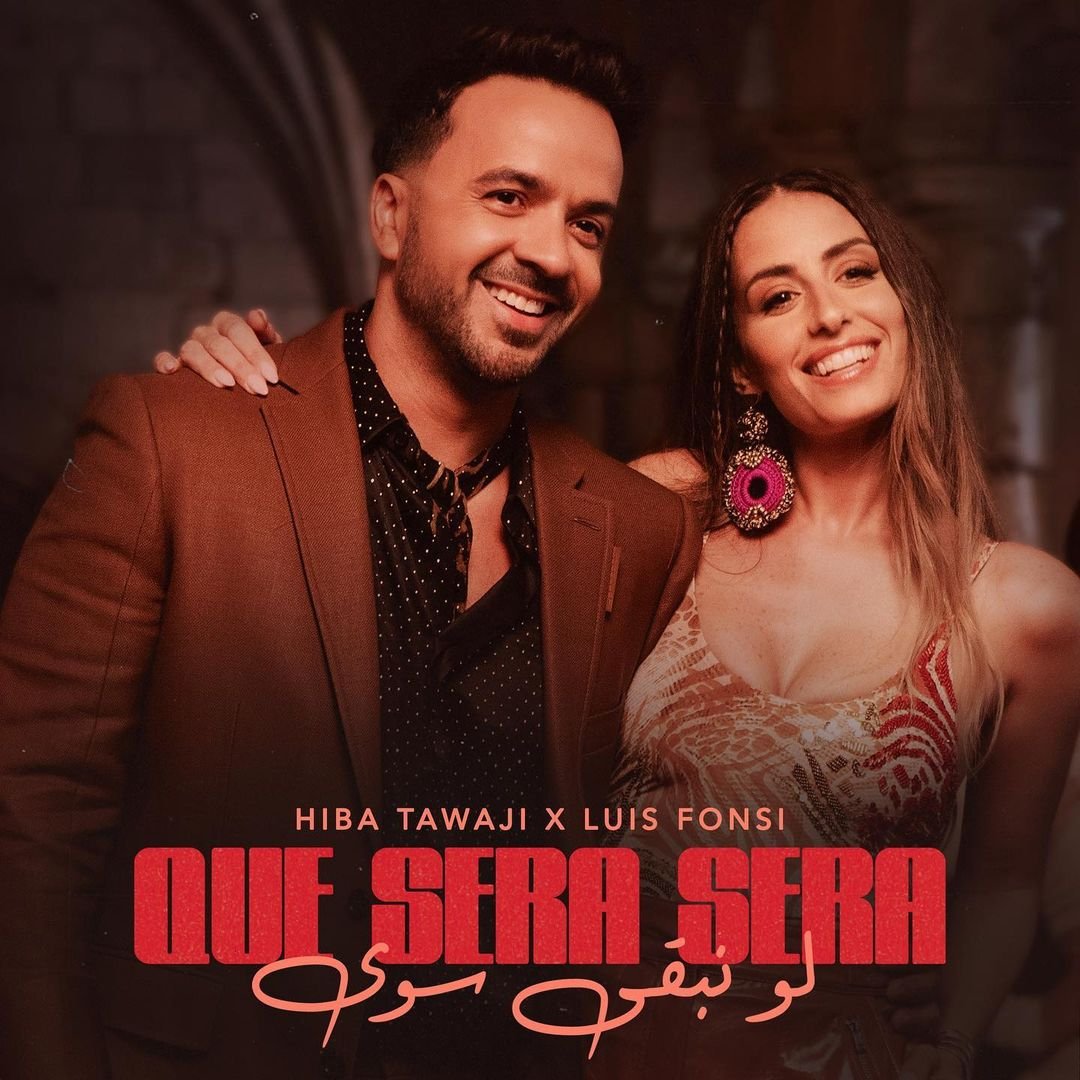
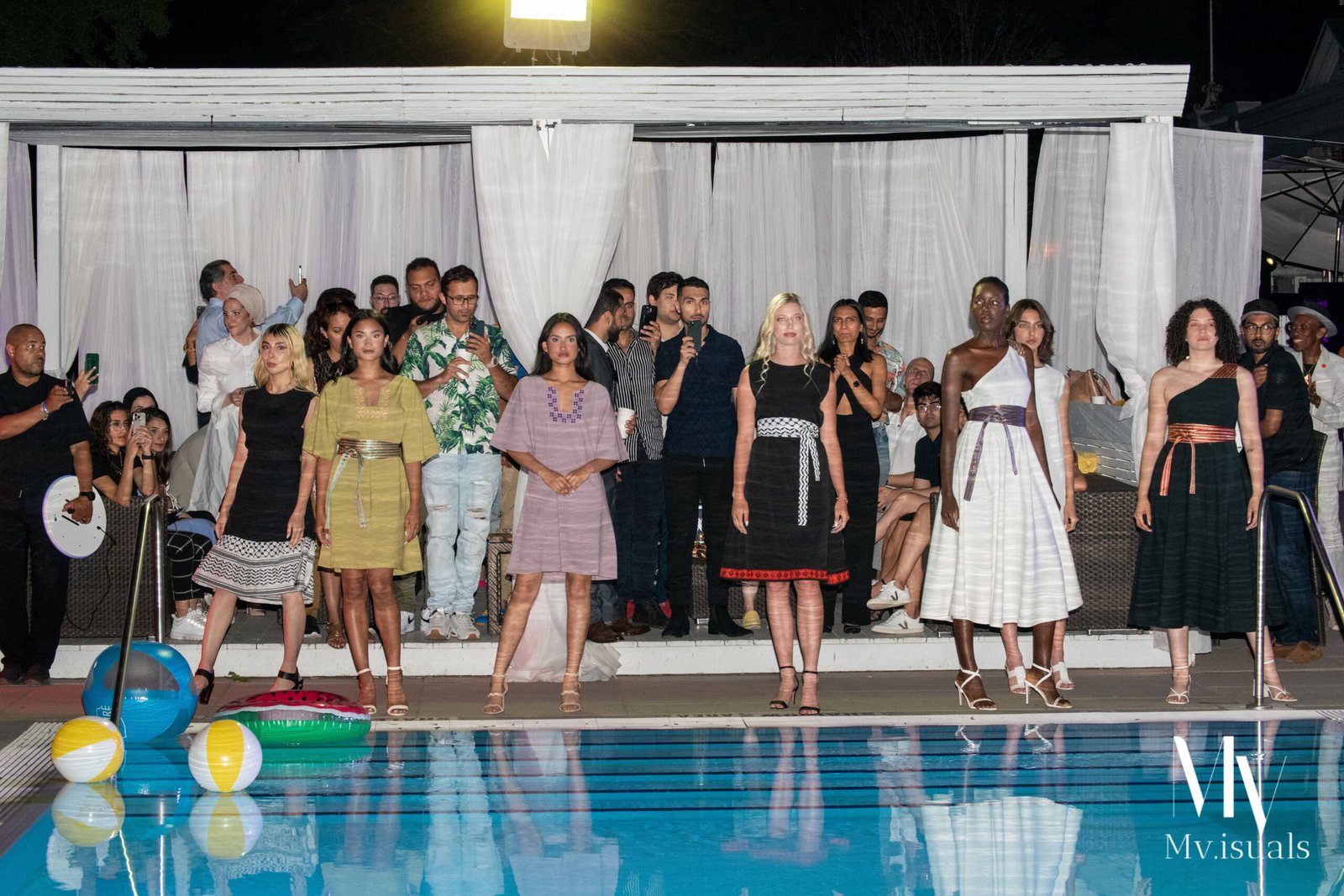
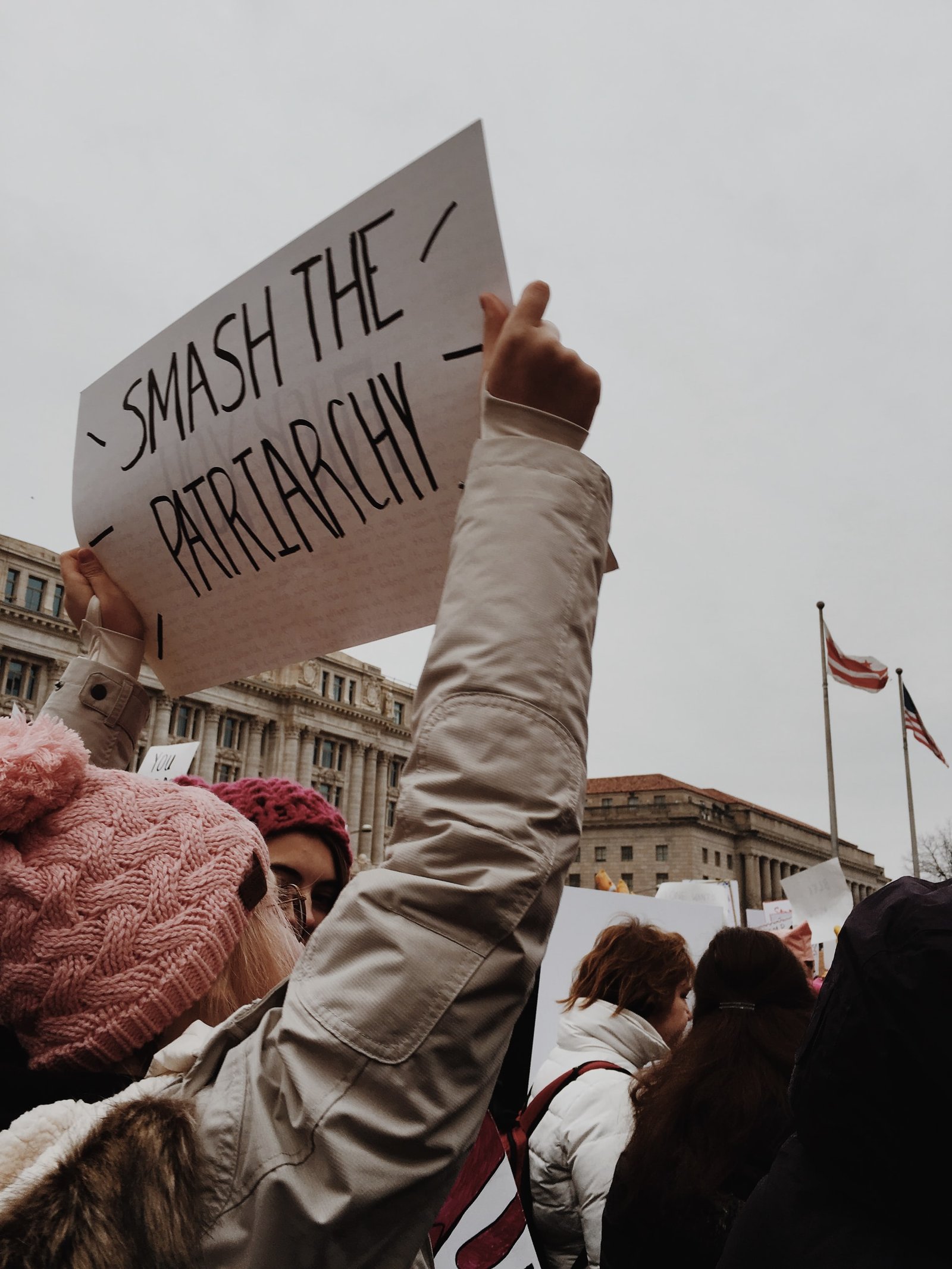
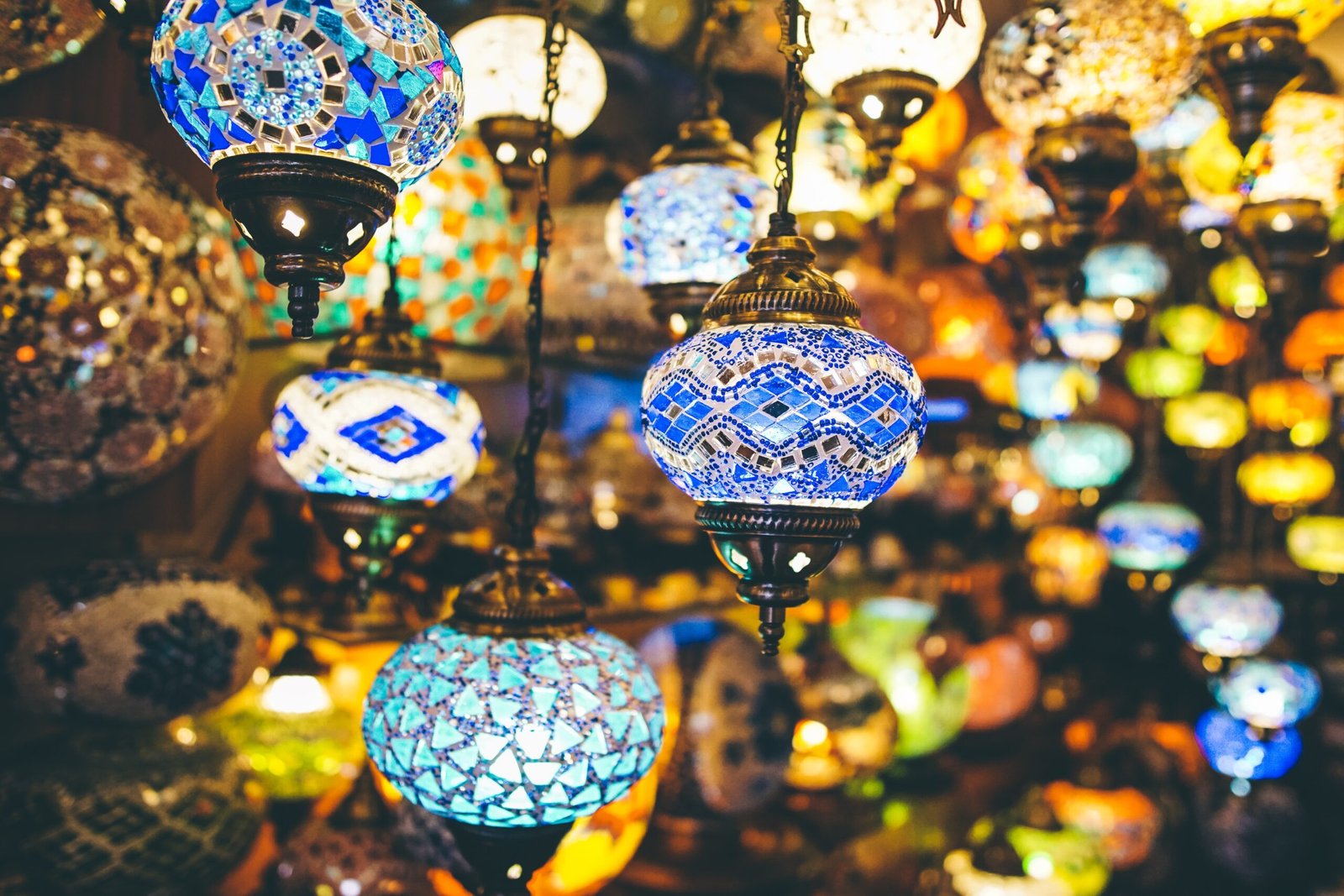
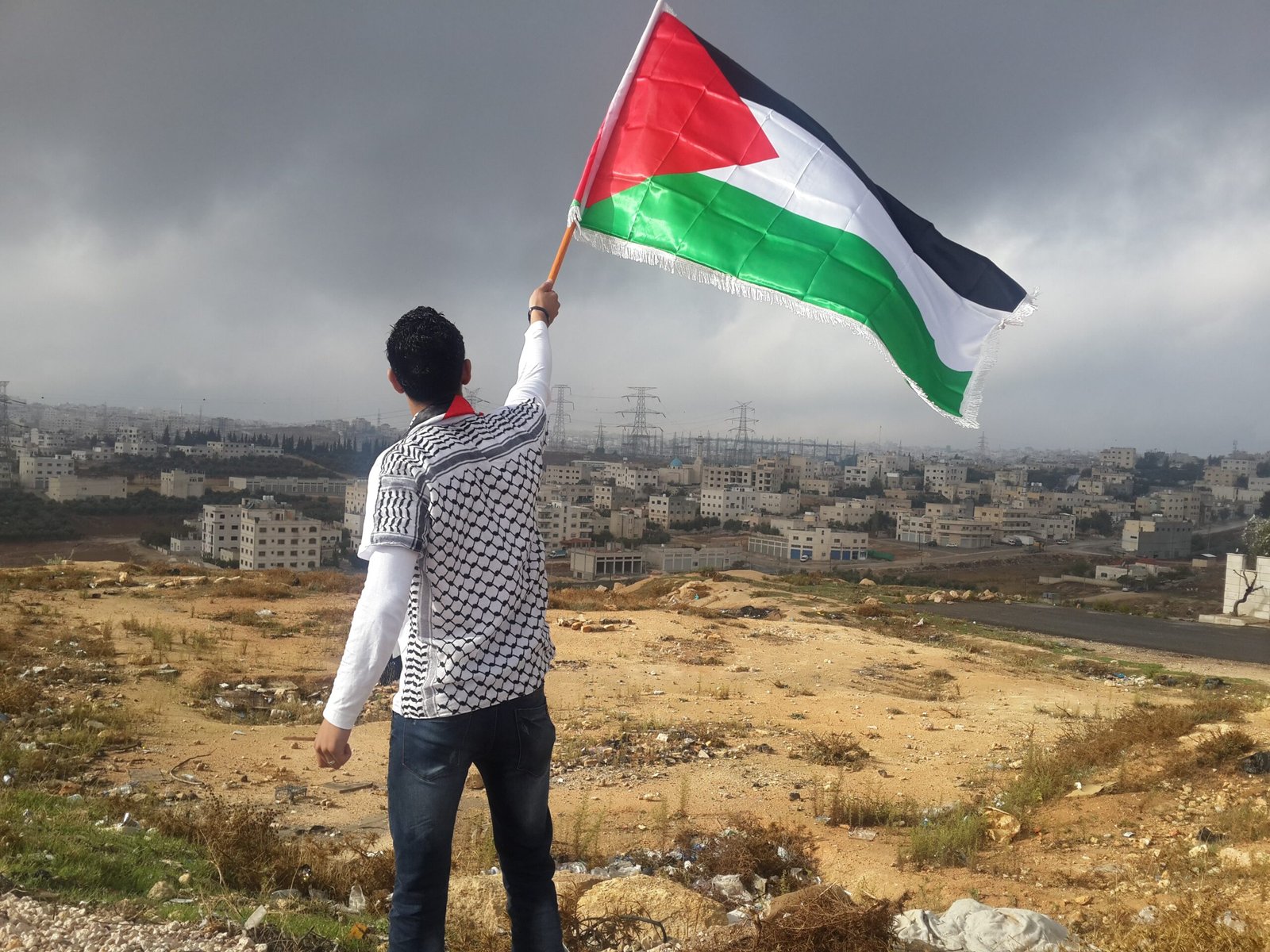
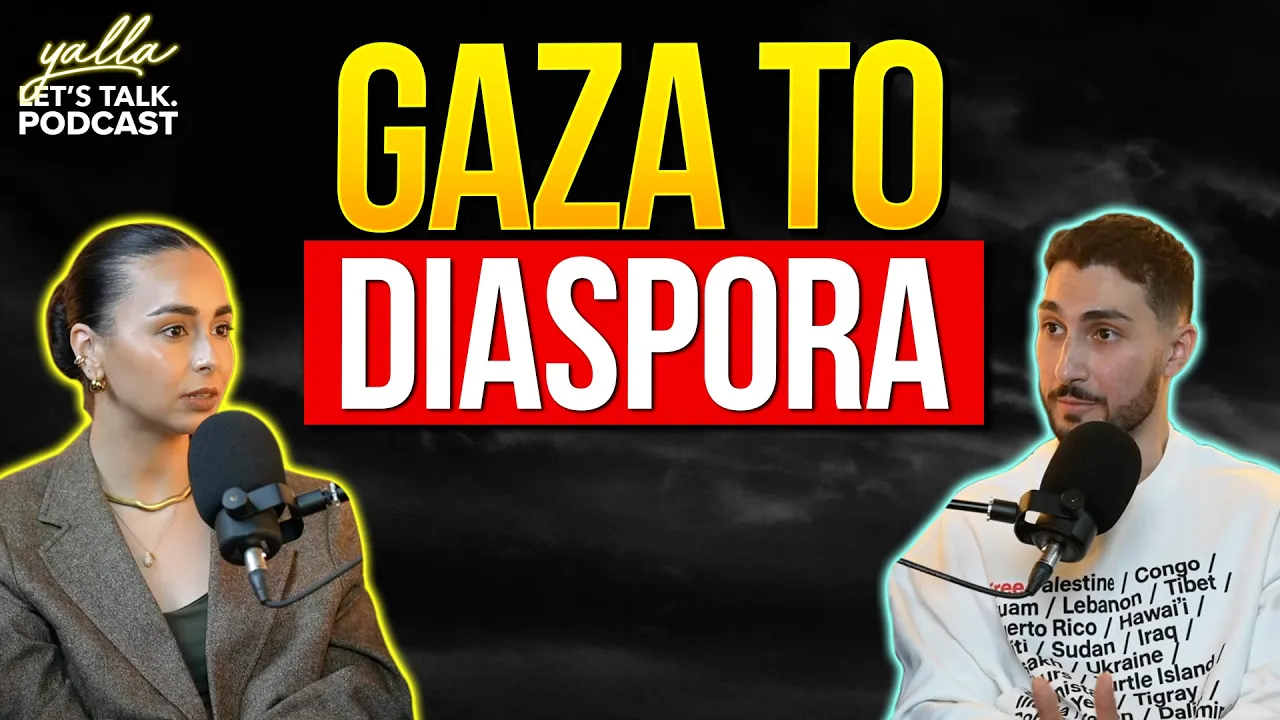

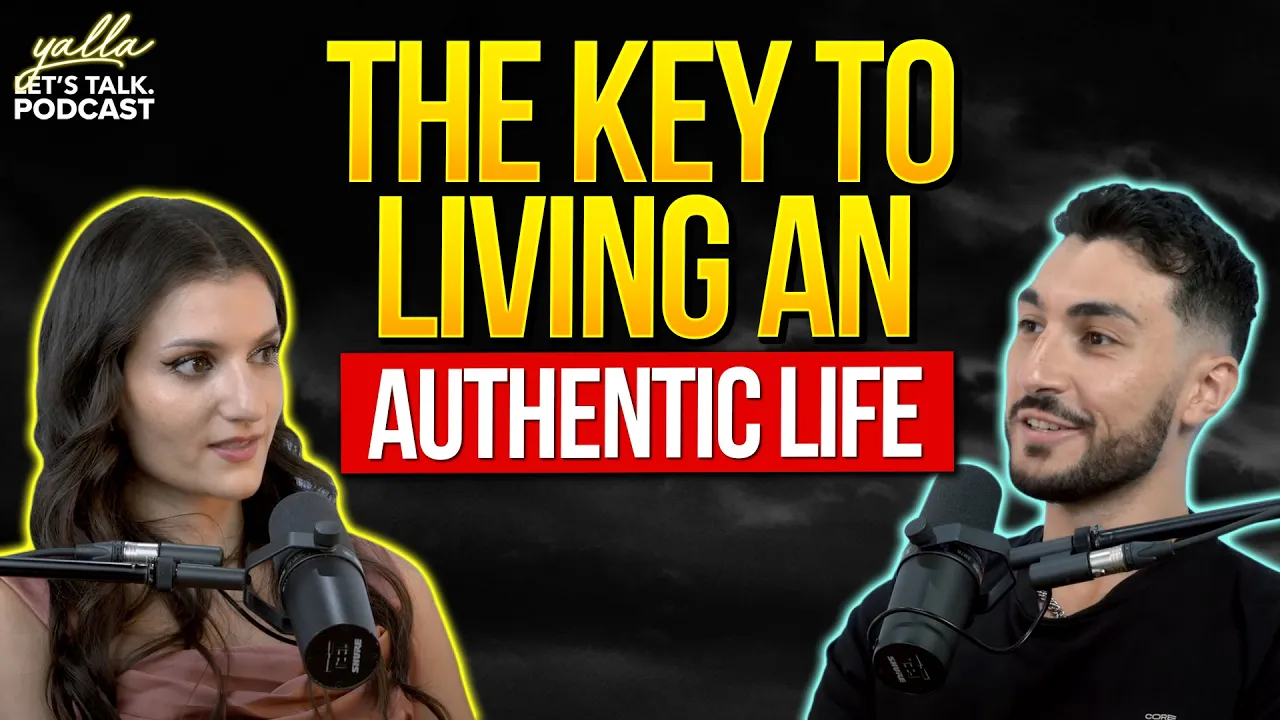
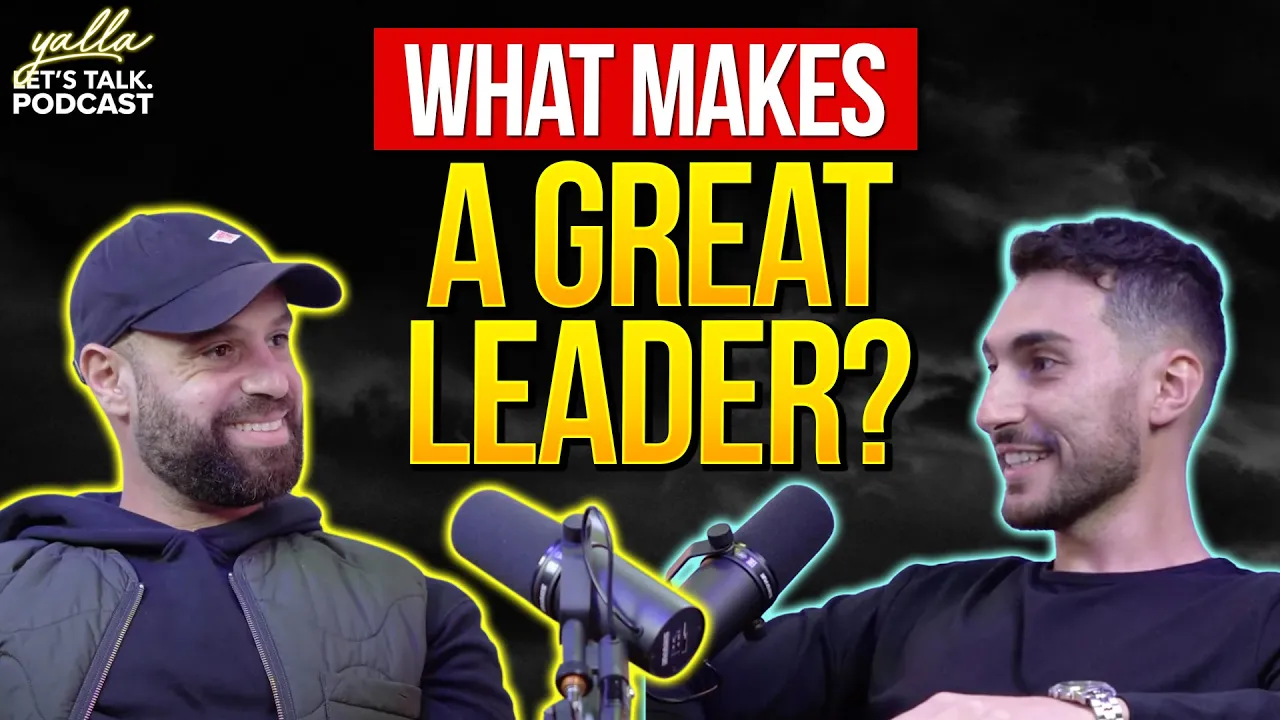
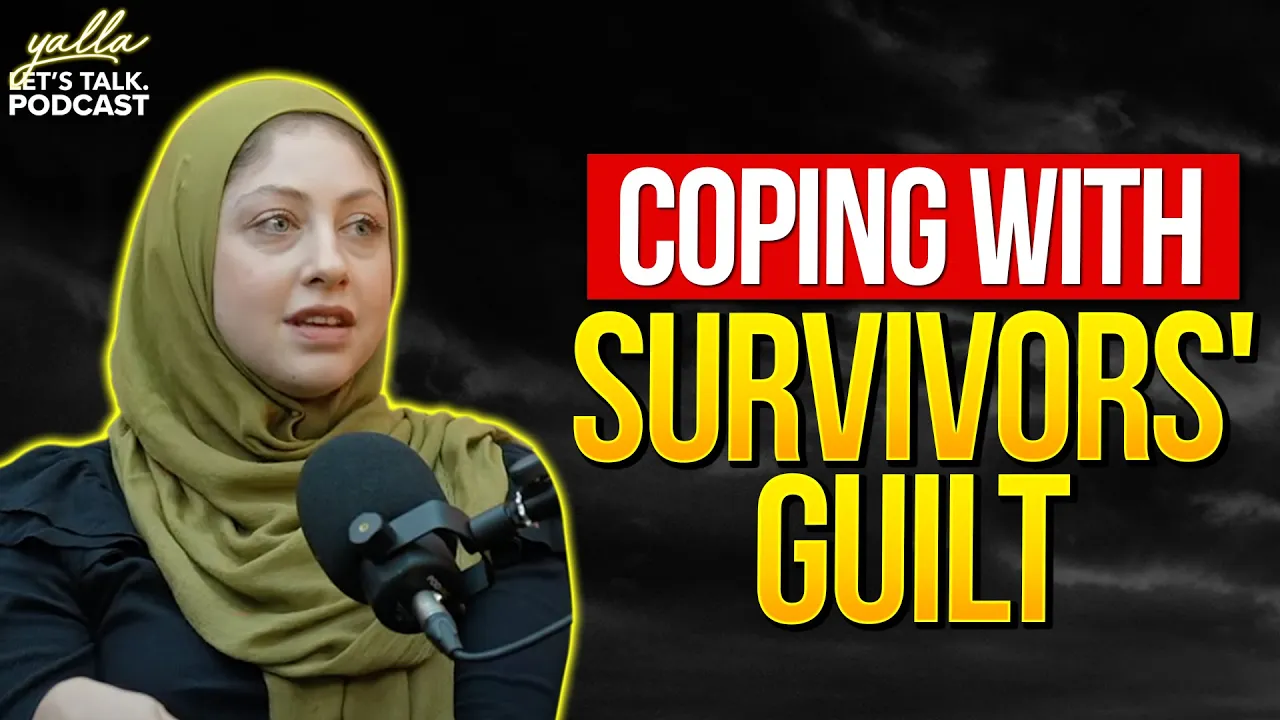
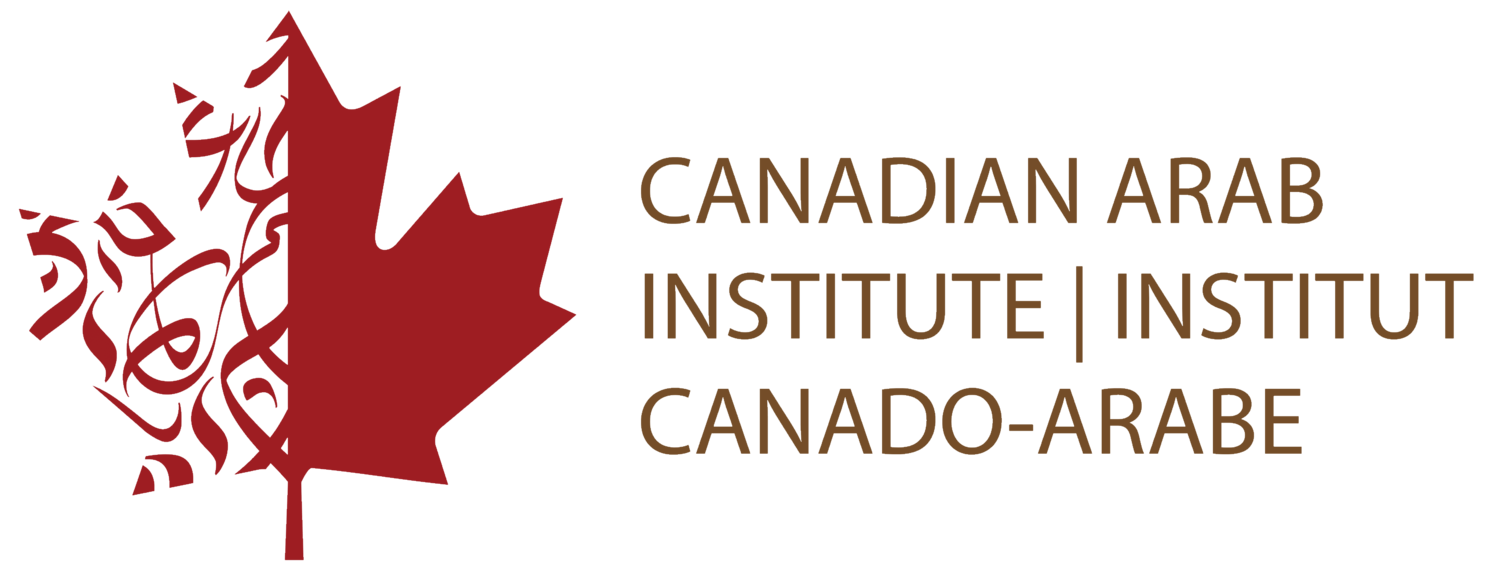
One Response